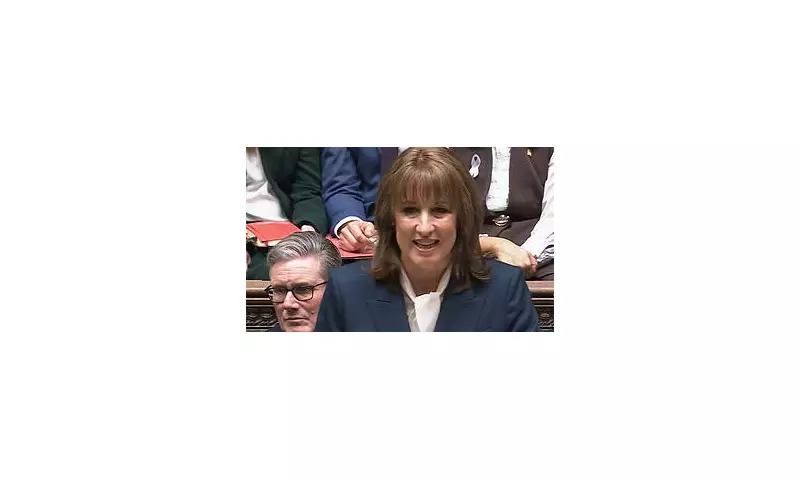
Chancellor Rachel Reeves has announced a new annual levy on high-value residential properties, a move set to disproportionately affect homeowners in London and the South East of England. The policy, fulfilling Labour demands, introduces a surcharge on homes valued at more than £2 million.
The New Mansion Tax Surcharge Explained
The government's budget confirms a tiered mansion tax structure. Properties valued at up to £2.5 million will face an annual charge of £2,500. For the most expensive homes, those worth over £5 million, the levy rises sharply to £7,500 per year. This charge will be uprated annually in line with inflation.
Although the Treasury estimates that only around 100,000 properties will be directly affected, the measure is projected to raise approximately £400 million a year. The Chancellor initially considered a lower threshold of £1.5 million but raised it to £2 million to avoid penalising asset-rich, cash-poor families, particularly those who may not have high incomes but have seen their property values surge.
Council Tax Revaluation: The Hidden Shock
To facilitate the new levy, the Chancellor has ordered a revaluation of Band F, G and H properties in England. This is a significant shift, as properties are currently banded based on their 1991 values, a baseline that successive governments have avoided updating.
This revaluation could have far wider consequences than the mansion tax itself. With 2.4 million properties currently in Bands F through H, many homeowners in regions with steep price growth, like London and the South East, could find their properties moved into higher council tax bands. This would mean increased bills for huge numbers of people, including those in modest homes and pensioners on fixed incomes.
Market Reactions and Potential Consequences
Property experts have issued stark warnings about the plan's potential impact on a market already described as desperately in the doldrums. Property guru Kirstie Allsopp has labelled the policy performative, predicting it will create a cliff edge at the £2 million mark. She suggests owners will be incentivised to have their properties valued at £1.99 million to avoid the new tax entirely.
The announcement also appears to contradict previous assurances. During the election campaign, then-Labour frontbencher Jon Ashworth explicitly vowed, We're not changing council tax banding. The government now argues that by focusing the surcharge on the top end of the market, they are protecting working people in typical Band D properties.
It remains unclear precisely how property values will be determined for the purpose of this new surcharge, adding another layer of uncertainty for affected homeowners.





